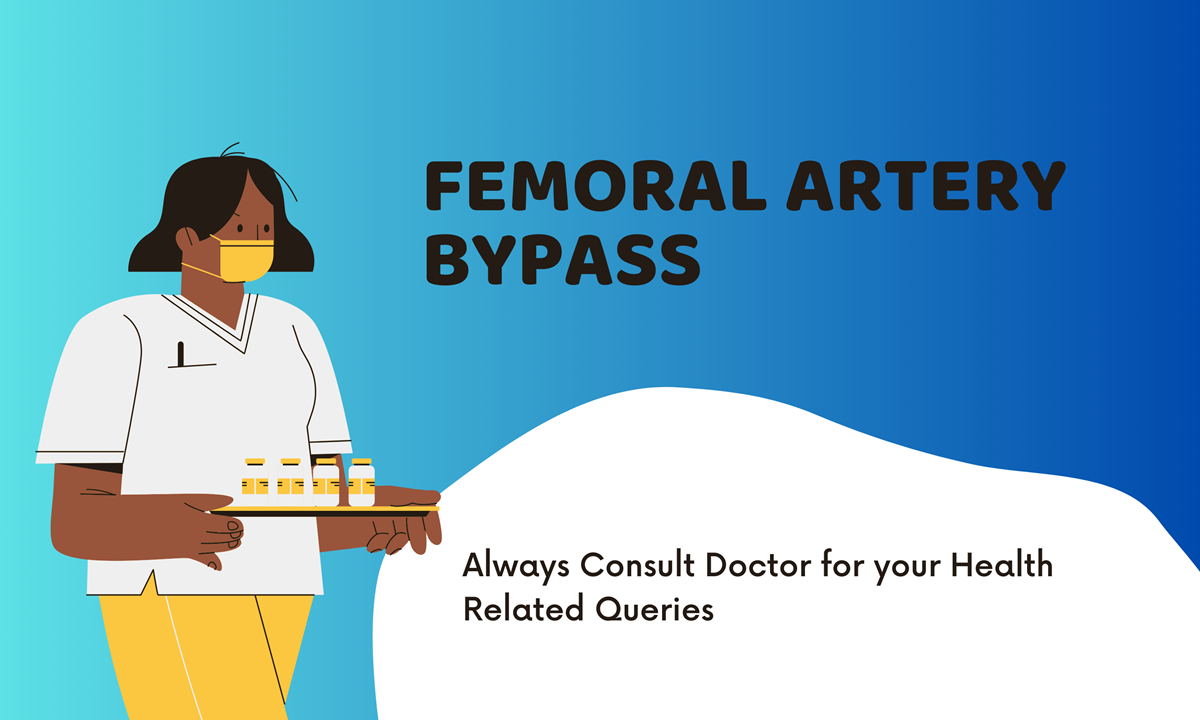Femoral artery bypass surgery, primarily performed to treat peripheral arterial disease (PAD) affecting the femoral artery, involves creating a bypass around a blocked or narrowed section of the artery. The success of this surgery can depend on various factors, including the severity of the arterial disease, the patient’s overall health, and the specific surgical technique used.
- Success Rate:
- The success rate for femoral artery bypass surgery, in terms of improving blood flow and alleviating symptoms such as leg pain (claudication), is generally high. Immediate technical success rates are often reported to be between 80% to 95%.
- Success is typically measured by the restoration of blood flow, relief from symptoms, improved walking distance, and healing of ulcers if present.
- Factors Affecting Success Rate:
- Severity of Disease: Patients with more extensive disease or long-segment blockages may have more challenging surgeries and potentially lower success rates.
- Patient Factors: Age, overall health, presence of comorbidities like diabetes or heart disease, and lifestyle factors (such as smoking) can impact outcomes.
- Type of Graft: The use of autologous vein grafts (like the great saphenous vein) often has higher success rates compared to synthetic grafts.
- Risks and Complications:
- Possible complications include infection, graft occlusion (blockage), bleeding, and risks associated with anesthesia. There’s also a risk of complications related to poor leg circulation, like wound healing problems or limb loss in severe cases.
- Long-Term Outcomes:
- While immediate success rates are high, long-term outcomes can vary. Graft patency (keeping the graft open) rates may decrease over time, with some patients possibly requiring additional interventions.
- Lifestyle modifications and medical management, such as smoking cessation and control of cholesterol and diabetes, are crucial for long-term success.
- Recovery and Rehabilitation:
- Recovery from femoral artery bypass surgery typically involves a hospital stay followed by a period of rehabilitation. Full recovery and return to normal activities can take several weeks to months.
- Patient Satisfaction:
- Patient satisfaction is generally high, especially in terms of symptom relief and improved quality of life.
Patients considering femoral artery bypass surgery should discuss their specific case with a vascular surgeon to understand the potential risks, benefits, and expected outcomes based on their individual health status and the severity of their arterial disease. It’s important to have realistic expectations and understand the importance of postoperative care and lifestyle changes in ensuring the best possible outcomes.

